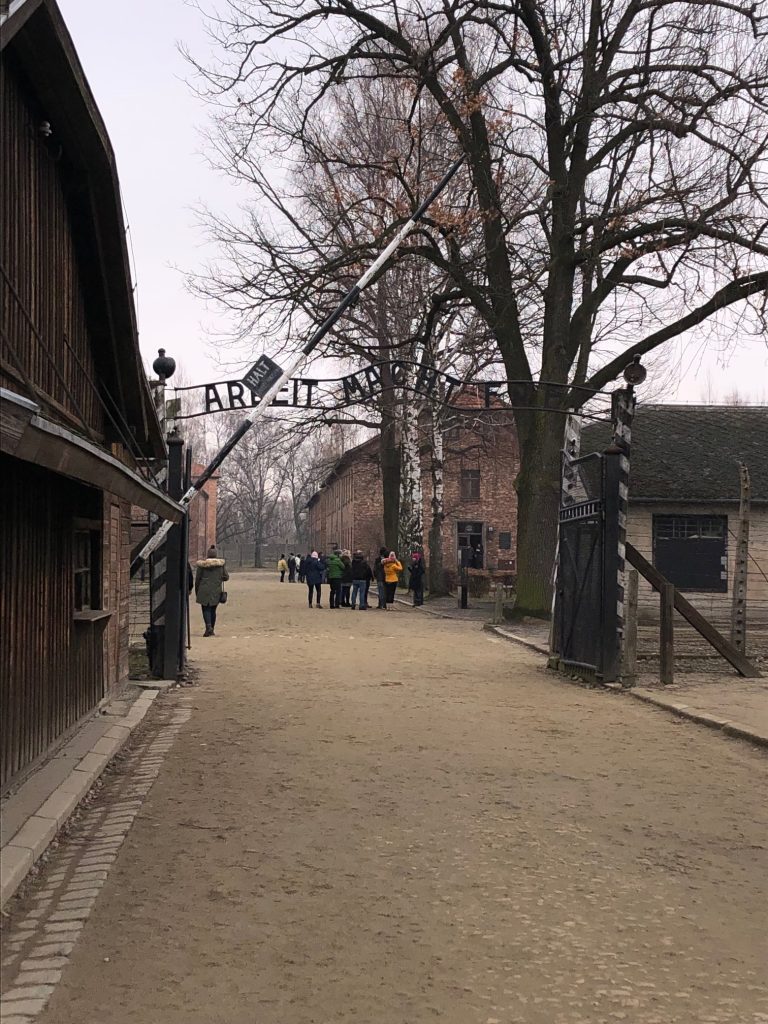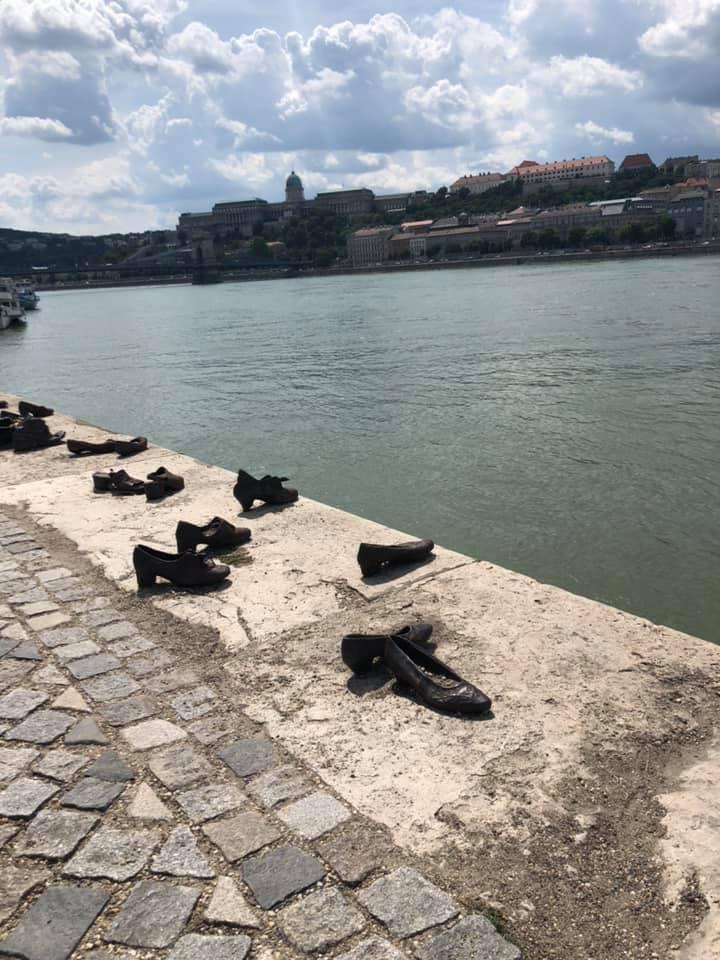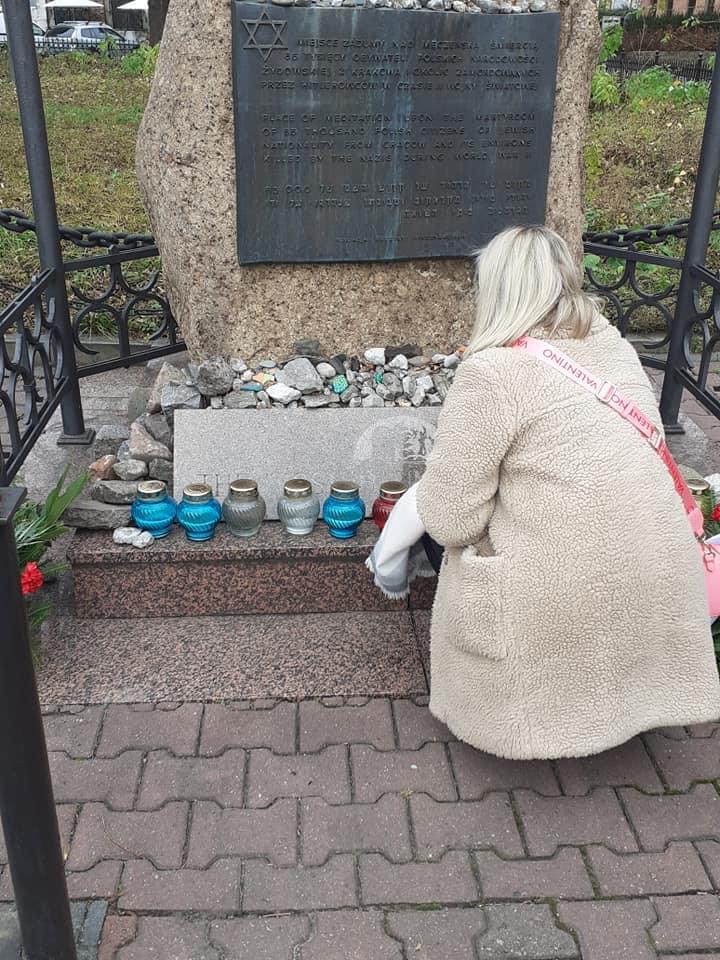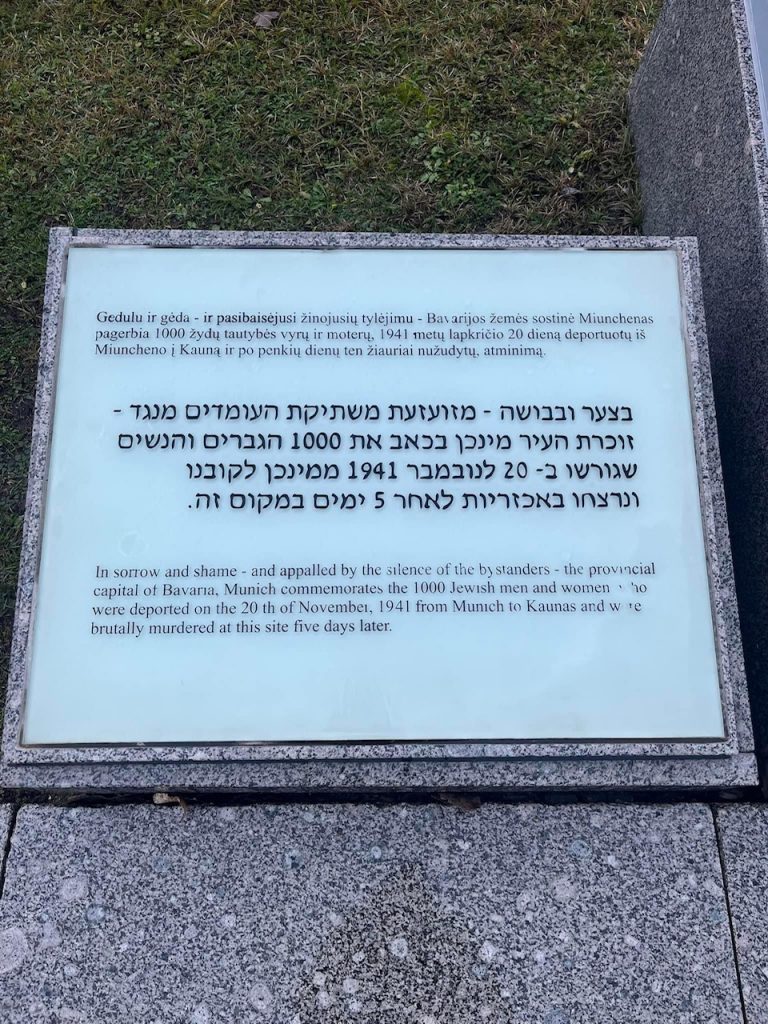
When I began my doctoral research into the Holocaust, I never expected it to become a part of my life the way it has. After years of studying philosophy and religion, I naively assumed that a belief in God could be theoretically explained. However, when you throw the atrocities of the Holocaust and the crimes against humanity into the mix, you start to realise that this problem is not theoretical, it’s human. And so, my project took on that very challenge; it attempts to try and reconcile the Holocaust with a belief in God, specifically a God that is compatible with Judaism.

Throughout my research, I have travelled to many Holocaust memorial sites and spoken to various historians, tour guides and researchers within this area of study. As much as the words of those experts ring through my brain at least ten times a day when I am writing my thesis, it is the images I have taken along the way that have always stuck with me and left an imprint on my heart. I have visited places all over Europe, including the concentration camps Sachsenhausen (just outside of Berlin) and Dachau (just outside of Munich), as well as memorial sites in Berlin, Budapest and Kaunas, Lithuania.

However, the most harrowing place was Auschwitz-Birkenau, which was so impactful that I went back again a year later. The first visit to Auschwitz for me was highly informative and I used my time there to gather as many facts and figures as I could, to help me form a picture of what it must have been like to be a Jew during the Nazi occupation. On the other hand, the second visit to Auschwitz was the exact opposite. I took no notes. I took very few pictures. I just walked. And breathed. And took in the horrors that were before me. The second visit really hit home and made me truly understand why my project was so important. It gave me perspective that my thesis isn’t about me; it isn’t about gaining a PhD or signing my name as Dr. Simpson as opposed to Miss. It is a project that can hopefully offer some good in light of all the tragedy, a project that can give Jews hope that there is life worth living and there is a God worth trusting in. As for me, it doesn’t matter whether God exists or not; I am not quite sure I believe in one anyway. But for a group of people who devoted their lives to something beyond this life, to have faith in something bigger and better than themselves, a belief in God could be the difference between living or just merely surviving.

Holocaust Memorial Day will always hold a special place in my heart for many reasons. But most importantly because it gave me a purpose. The study of the Holocaust and the study of philosophy and a belief in God have opened my eyes to just how bad humanity can get and highlights how badly society can go wrong when following the blind direction of one delusional being. The Holocaust taught me not only to respect others for their differences, but to also be aware and stand up to people who believe that these differences make them a threat. I am thankful that Holocaust Memorial Day allows me to share my project with the outside world and I hope my project brings some peace or even answers to some Jews and even non-Jews and that it is done in a way that is respectful and compassionate. Finally, especially in light of the current state affairs and the disregard some people have for the lives of those who are different or have different beliefs, I hope that Holocaust Memorial Day serves as a reminder that we should never repeat the atrocities that occurred.



